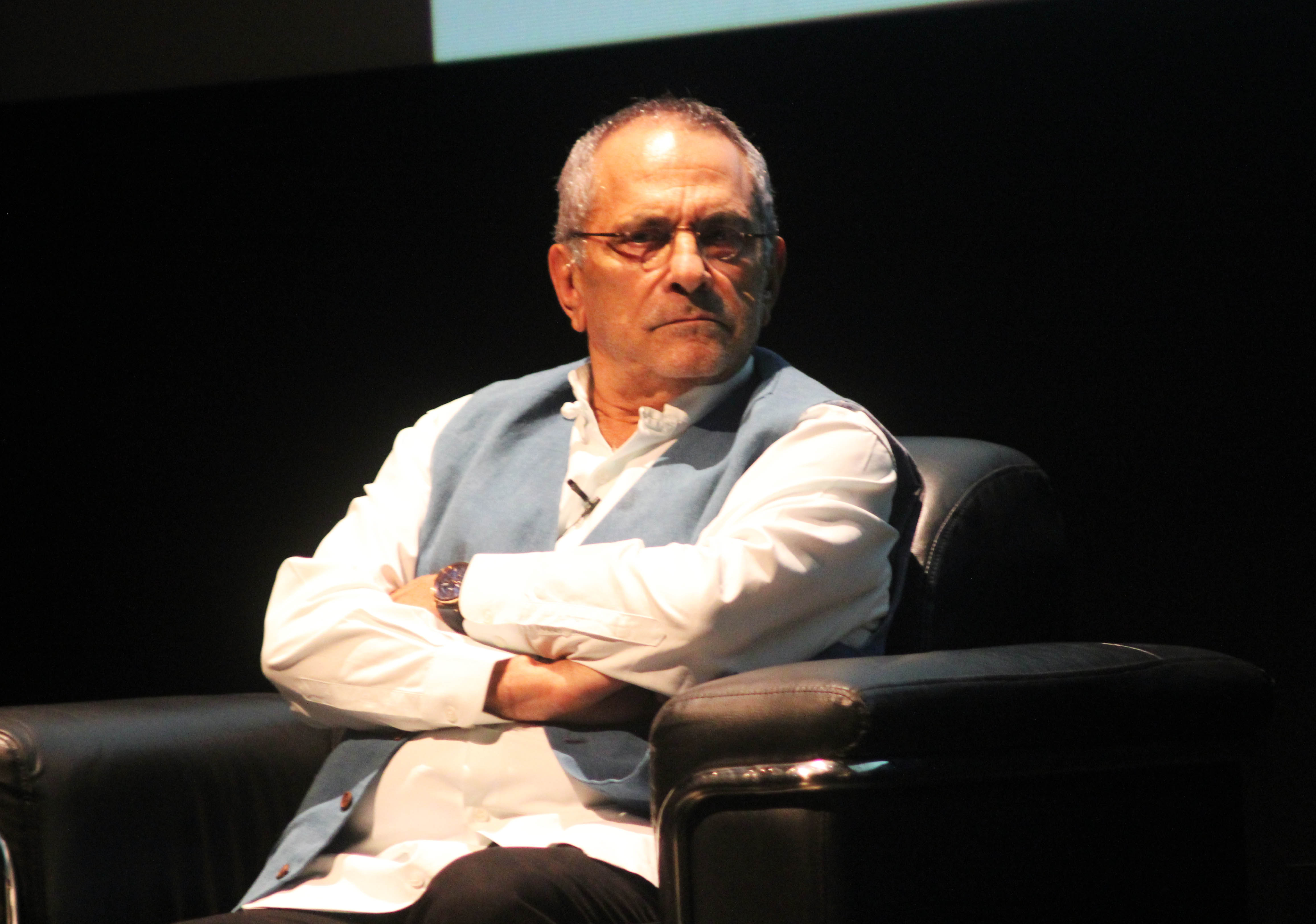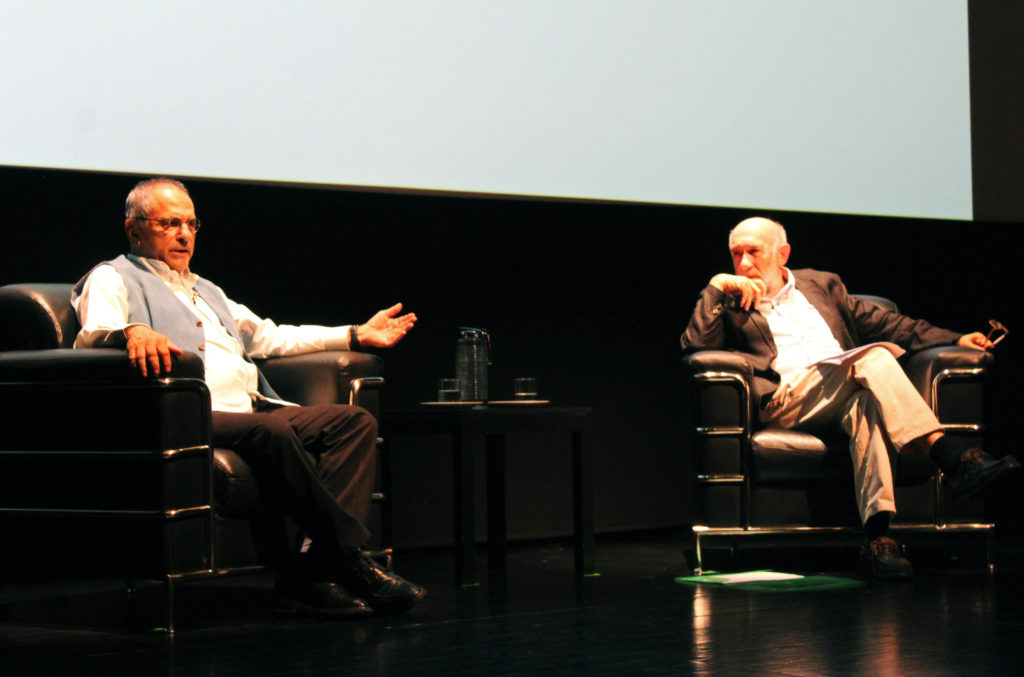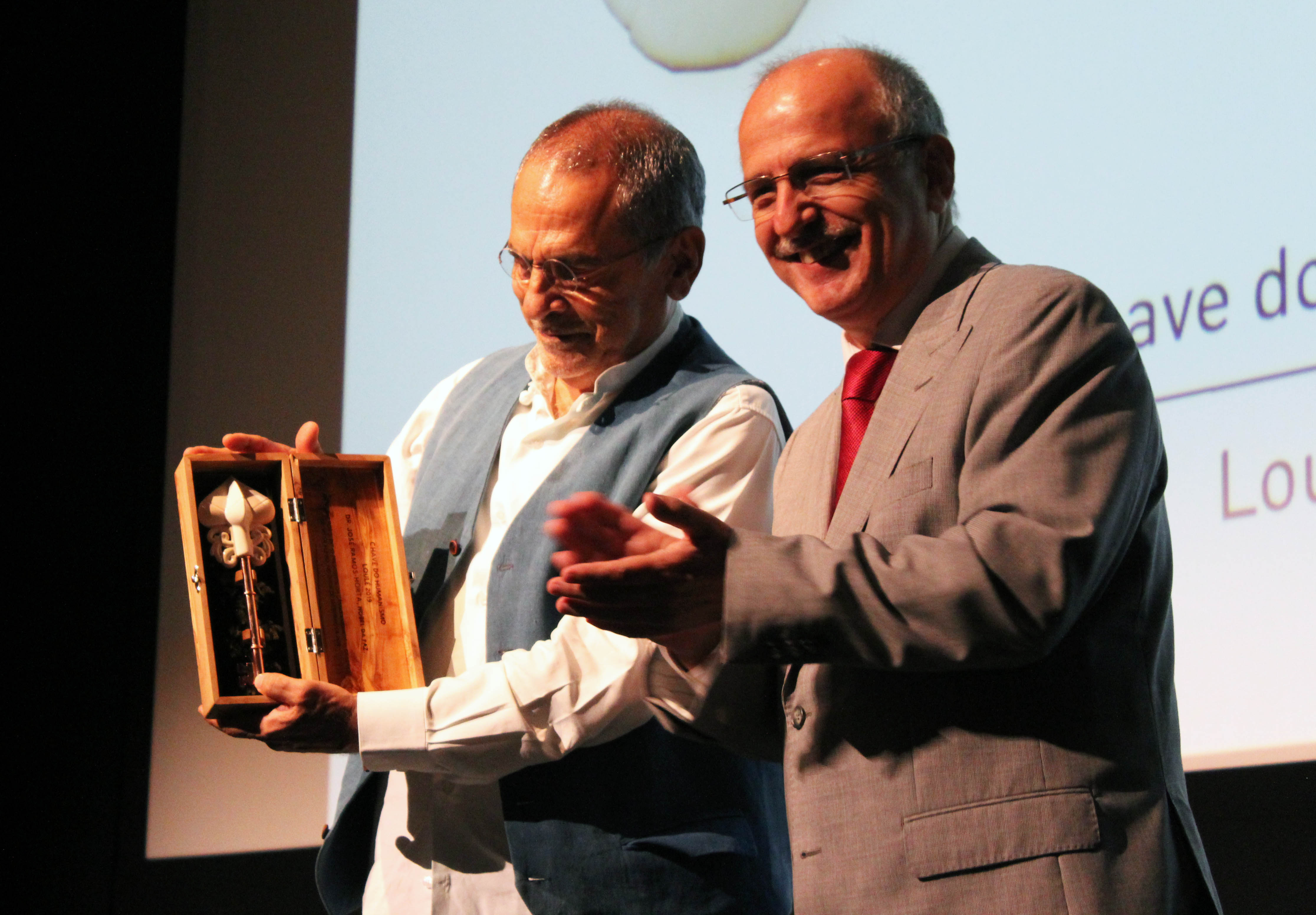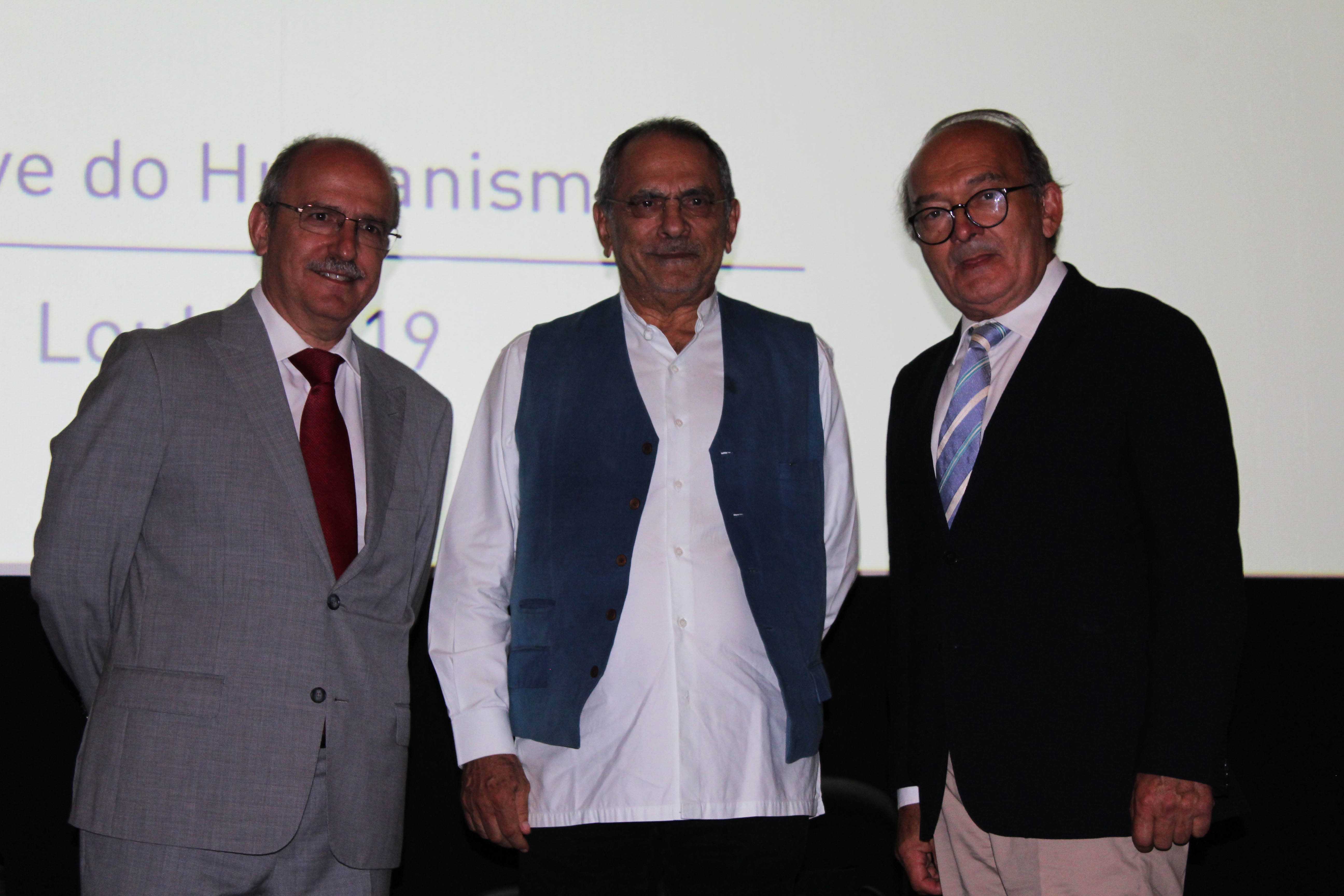"The human being has to be at the center of our concerns, policies and institutions" because, otherwise, the world can be "of chaos and conflicts". The words of José Ramos-Horta, the Nobel Peace Prize, who fought so hard for Timor-Leste, fit like a glove into the theme of the new Bienal de Loulé, presented this Thursday, September 12, in Loulé: Humanism.
Over the course of almost two hours, a full Cine-Teatro Louletano watched with all the attention Ramos-Horta's conversation with the renowned journalist Adelino Gomes.
There was talk, of course, about Timor (and all the battles that Ramos-Horta fought alongside people like Xanana Gusmão), about António Guterres, current UN secretary general but then prime minister, but also about what this is. of being a humanist.

The Nobel Peace Prize winner in 1996 defended that “everything has to work around the human person”, an idea that he finally materialized in statements to journalists.
“When we created a Government and began to commit to alliances just to survive, we began to fail in the principle that any politician must have the people, the human being, at the center of their concerns. When this is not done, any country or government, sooner or later, is disconnected. Then we were surprised to be abandoned by the electorate,” he said.
For Ramos-Horta, if the human being is not the basis of political action, we can fall into "the hands of irresponsible people who want chaos to be elected, with promises of everything easy", using, for that, "social networks" . And there are even examples. “This is happening with Brexit”, he added.
However, in the long conversation that he had on the stage of the Cine-Teatro Louletano, the former President of the Republic of Timor (2007 -2012) and who was one of the faces of the Timorese resistance against Indonesia, also pointed out some gaps that still exist in your country.
“We failed in some things, of course. If there is poverty, poverty must be eliminated and an absolute priority. If there is a lack of water for the villages, this has to be a priority. If there is illiteracy, we have to fight it. If there is malnutrition, this is a crime that we have to solve. And then we failed, in the most basic things, such as bringing drinking water», he lamented.
But there are also positive factors that Ramos-Horta was not inhibited from listing. “The most positive thing is our great success in the area of national reconciliation and with Indonesia. We don't have a single case of political violence and organized crime either,” he said.
This year marks the 20th anniversary of the 1999 Referendum, in which nearly 79% of Timorese voted in favor of independence from Indonesia. The results brought retaliation, with pro-Indonesian forces killing thousands.
The peace process, which took a long time to reach the desired end, was only concluded in 2002, with the election of Xanana Gusmão as the first President of the Republic.
Timor is, therefore, a young nation, something that cannot be forgotten. “The country remains fragile, but also because it is only 17 years old. Building a nation and a democracy takes generations and we started from scratch”, he considered.
Ramos-Horta has no doubts: “I wish Timor was as well as Portugal”.
“I think the country is doing very well. Recovered from crisis. I came here then and it was sad. Portugal has to be careful with the deficit, but it cannot be the young and the poor to pay. Let the European Central Bank and the rich do it. What is needed is to invest, invest, invest in the Portuguese economy. The prime minister has known how to make this so-called political contraption. Until then, in Timor, we cite the Portuguese example», he told journalists, between laughs.
And if, at the time of the crisis, Angela Merkel was even one of the least loved figures in Europe (and Portugal was an example), today Ramos-Horta sees the issue in a different light.
"Currently, I would give the Nobel Peace Prize to Angela Merkel due to the reception of refugees", he justified. An opinion that meets the theme of this Bienal, organized by Carlos Albino: Humanism.
In the end, Ramos-Horta, in response to a question from a young man, left a message that will certainly echo in the memory of many, in this time marked by uncertainty in so many parts of the world: «Peacebuilding is not for the impatient'.





















Comments